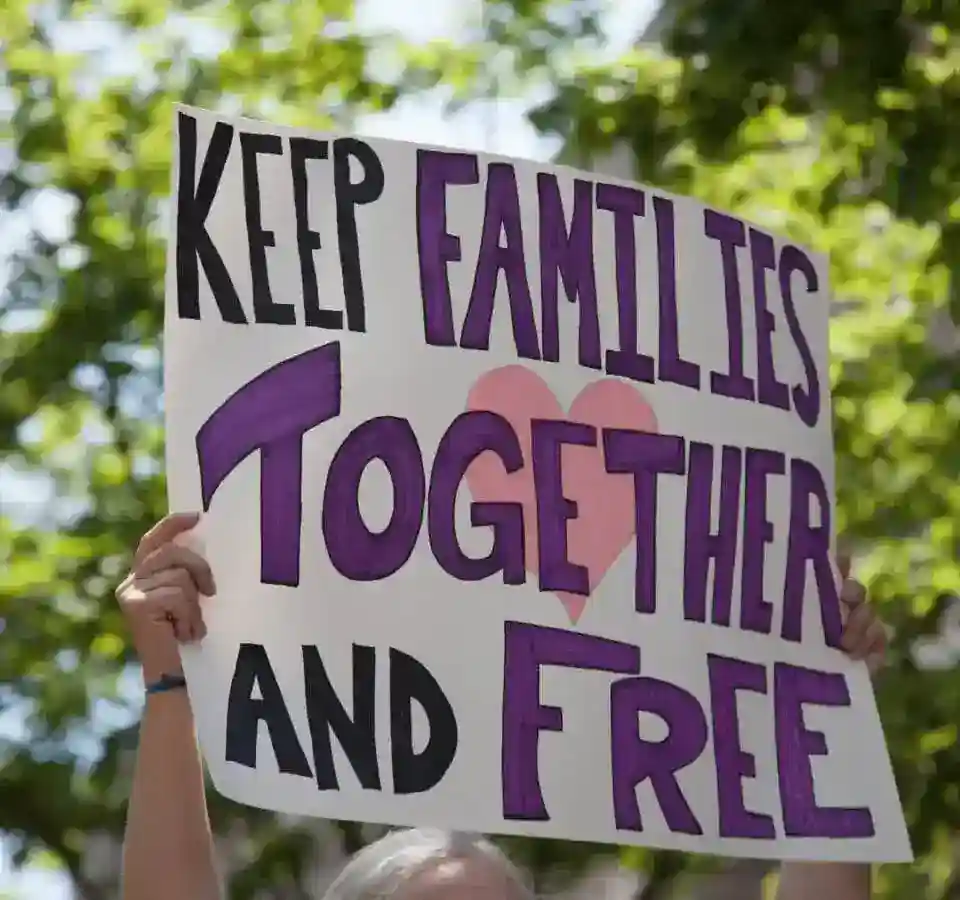The Impact of Divorce on a Marriage-Based Green Card
A marriage-based green card offers a pathway for non-U.S. citizens to live and work legally in the United States through their marriage to a U.S. citizen or lawful permanent resident (LPR). For many immigrants, this process not only symbolizes legal stability but also represents an opportunity to build a future alongside their loved ones. However, life is unpredictable, and some marriages may end in divorce. When this happens, it can trigger significant legal and emotional challenges, including uncertainties surrounding immigration status.
How Does Divorce Impact a Marriage-Based Green Card?
The effect of a divorce on a marriage-based green card depends on the stage of the immigration process an individual is in. Here’s an overview of how divorce can influence one’s status:
While Awaiting Adjustment of Status
Individuals waiting for their green card approval through marriage face increased scrutiny during and after a divorce. U.S. Citizenship and Immigration Services (USCIS) requires proof that the marriage was genuine and not only for immigration purposes. If a marriage ends before the green card is granted, it could put the entire application at risk.
During Conditional Green Card Period
When a green card is issued based on a marriage of fewer than two years, USCIS issues a conditional green card valid for two years. To remove these conditions and obtain a permanent green card, the couple must file a joint petition (Form I-751) before the conditional card’s expiration. A divorce during this period complicates matters as the joint filing requirement becomes void. An immigrant may still request a waiver to remove conditions after a divorce, as long as they can demonstrate that the marriage was entered into in good faith.
After Receiving a Permanent Green Card
Once a green card holder transitions to permanent residency (typically after three years of a valid marriage), divorce has less impact on their status. However, if they intend to apply for naturalization after three years of residency, a divorce may extend this timeline to five years since it severs the marital basis for accelerated citizenship.
Potential Scenarios Divorcing Couples May Face
- Allegations of Fraud: Divorce can sometimes raise red flags with USCIS, prompting an investigation into whether the marriage was legitimate.
- Withdrawal of Sponsorship: A sponsoring spouse may withdraw their petition following a divorce, leaving the immigrant unsure about their case’s future.
- Uneven Legal Knowledge: Immigrants may lack an understanding of their rights after marital dissolution, leading to confusion or missteps.
Practical Steps to Navigate Divorce and Maintain Immigration Status
If you find yourself facing divorce during any stage of the green card process, addressing your immigration concerns promptly is critical. Here are some steps to consider:
- Gather Documentation: Collect evidence that proves your marriage was genuine, such as joint bills, photos, and affidavits from family or friends.
- Seek Legal Counsel: Seek guidance from an immigration attorney to explore options such as waivers or alternative pathways to secure your residency.
- Be Proactive with USCIS: Inform USCIS promptly of any changes to your marital status to remain in compliance with immigration regulations.
- Consider Counseling: Divorce impacts not just your legal status but your emotional well-being. Seek support to manage this transition with confidence.
Navigating immigration laws during a divorce can feel overwhelming, but you don’t have to face it alone. At Zaveri Law P.C., we are committed to helping you secure your immigration future, even during challenging times. Get in touch with us today for guidance.





